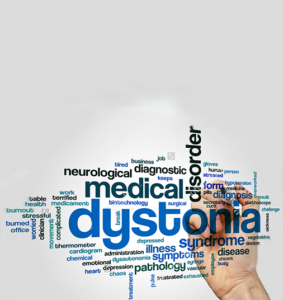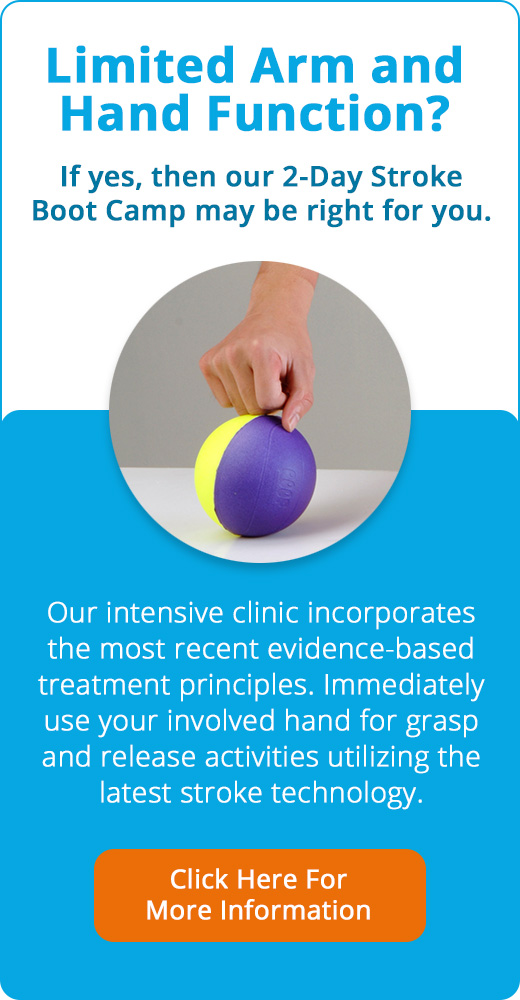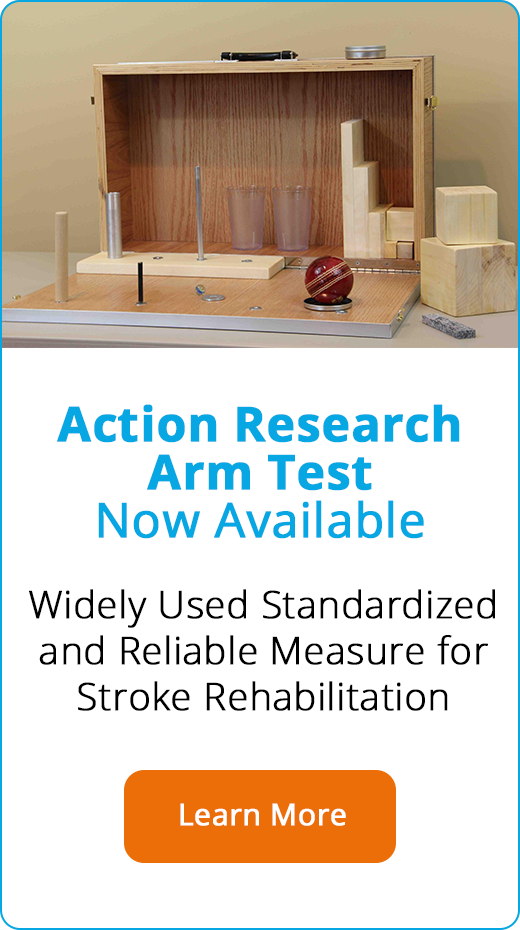Causes and Treatment for Dystonia
Dorothee Zuleger, MOT, OTR/L, DRS
Friday, August 3rd, 2018

What is dystonia?
Dystonia is a type of movement disorder in which muscles in the body contract involuntarily often causing twisting or repetitive movements. Dystonia can range from affecting one part of the body, known as focal dystonia, or can affect multiple/all parts of the body, known as general dystonia. Muscle spasms due to dystonia can be anywhere from mild to severe, impacting daily functioning. Unfortunately, there is no known cure for dystonia, but different medications can alleviate symptoms.
What causes dystonia?
The exact cause of dystonia is currently unknown. It is believed to be known that it may involve nerve-cell communication in areas of the brain. Certain forms of dystonia are inherited. Dystonia can also be secondary to various diseases. These include: Parkinson’s disease, Huntington’s disease, traumatic brain injury, stroke, infections, brain tumor, etc.
Areas of the body that may be affected
The areas most commonly affected by dystonia is the neck, the eyelids, jaw, voice box or vocal cords, hand and arm. Often times symptoms worsen with stress and fatigue.
What are treatment options for dystonia?
Doctors might suggest therapy as a form of treatment for dystonia. Physical therapy may help to ease symptoms of dystonia working on balance and mobility. Occupational therapy may be beneficial to aid in remediation or compensation techniques for daily activities. Other treatment options include the use of transcutaneous electrical stimulation (TENS), sensory re-integration, integration of primitive reflexes, biofeedback to learn to actively relax and splinting to prevent soft tissue shortening. Speech therapy can be utilized if dystonia affects the voice of the individual.
Botox injections are another common treatment option for those with dystonia. It is injected into specific muscles that can reduce or eliminate muscle contractions. These injections are typically repeated every three to four months. Other medications target neurotransmitters that affect muscle movement. Some of these medications include: Diazepam, clonazepam, and baclofen. If symptoms are severe, a doctor may recommend deep brain stimulation or selective denervation surgery.
https://www.mayoclinic.org/diseases-conditions/dystonia/

